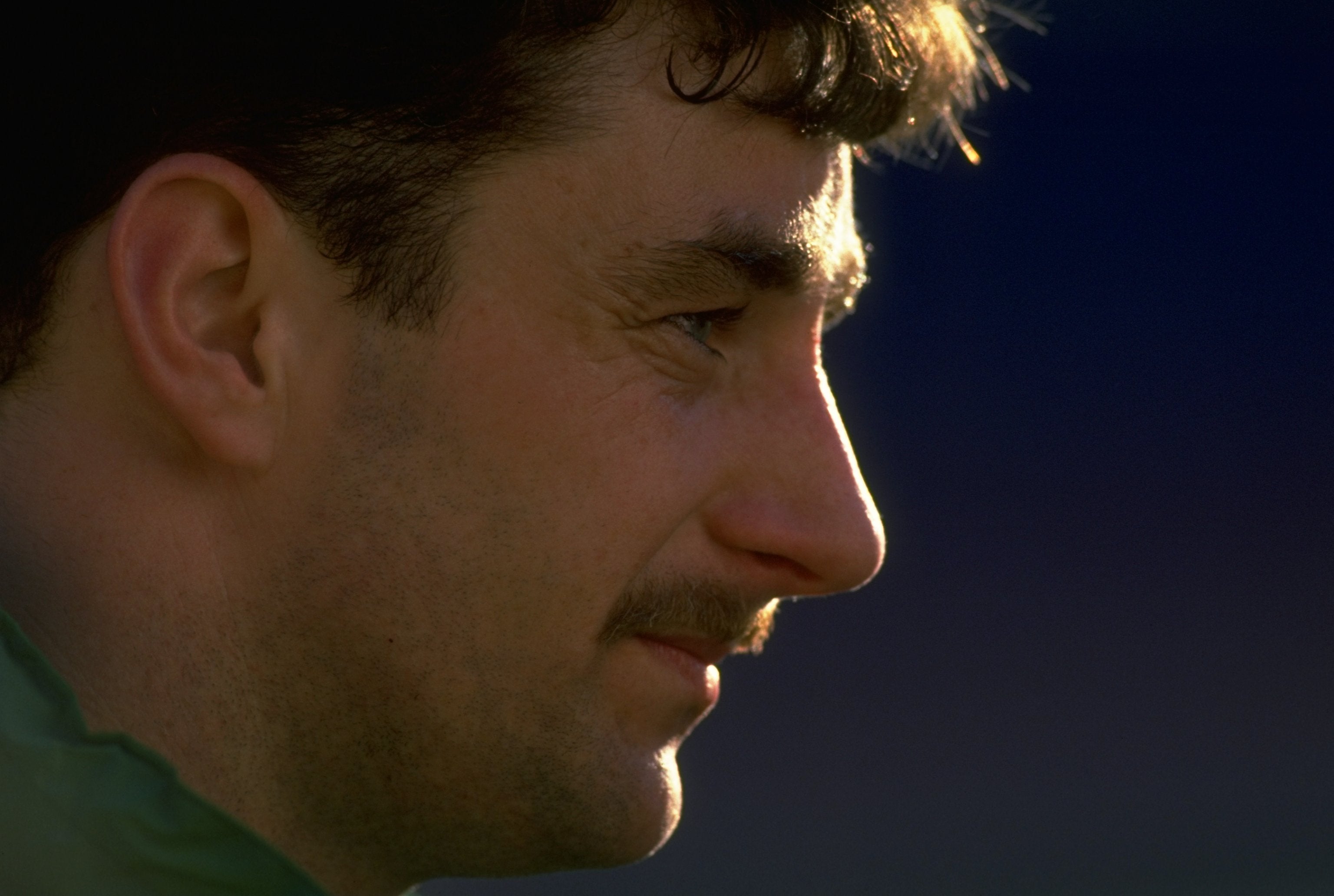Former Liverpool striker John Aldridge admits dementia fears
John Aldridge believes lots of players from previous generations have suffered neurological disease

Your support helps us to tell the story
From reproductive rights to climate change to Big Tech, The Independent is on the ground when the story is developing. Whether it's investigating the financials of Elon Musk's pro-Trump PAC or producing our latest documentary, 'The A Word', which shines a light on the American women fighting for reproductive rights, we know how important it is to parse out the facts from the messaging.
At such a critical moment in US history, we need reporters on the ground. Your donation allows us to keep sending journalists to speak to both sides of the story.
The Independent is trusted by Americans across the entire political spectrum. And unlike many other quality news outlets, we choose not to lock Americans out of our reporting and analysis with paywalls. We believe quality journalism should be available to everyone, paid for by those who can afford it.
Your support makes all the difference.Former Liverpool striker John Aldridge admitted he has had some tests done in relation to the ongoing football dementia crisis.
In 2021, a group of 60 former players, including ex-England internationals Gary Lineker, Kevin Keegan and Alan Shearer called on football’s governing bodies to establish a new strategy to tackle the problem of dementia in the game.
The players backed charity Head for Change to create a new approach and care fund to aid former players coping with brain diseases, with the wider issue described as a “ticking time bomb”. Last year a parliamentary inquiry was launched into the link between sport and long-term brain injury.
Now, Aldridge has spoken about his own fears and believes that around 75 percent of Liverpool greats from the 1950s, 60s and 70s suffered from some form of neurological disease.

“I headed the ball as much as anyone else, I just used to love heading the ball, practising every day,” Aldridge told The Telegraph.
“We trained with the heavier balls and we’d stay behind after training and head it 50 or 60 times. I’ve had some problems myself and I had some tests. But I’m not worried about myself as much as worried about my family because we’ve all seen what these illnesses do to the people around you who suffer more.”
Aldridge is one of a number of players from Liverpool’s most successful period in English football who have gone public.
Tommy Smith, Ron Yeats, Bob Paisley and Terry McDermott have all previously had their dementia diagnoses made public.
In 2022, the Scottish Football Association released new guidelines telling clubs that players should not head the ball in the days immediately before and after games, as well as recommending that training exercises involving repeated headers should be limited to once per week.
Last month, Aldridge himself helped launch the LFC Memories app, which is part-funded by the LFC Foundation and uses sounds and pictures from the club’s history to help fans living with dementia.
“We’ve got four ex-players and proper Liverpool legends who have problems with it now. These are people who made Liverpool great and why we are where we are,” he added.
A lot of the concern remains over the old leather footballs which became heavier when wet, although the modern balls move faster, raising new and different concerns.
Join our commenting forum
Join thought-provoking conversations, follow other Independent readers and see their replies
Comments